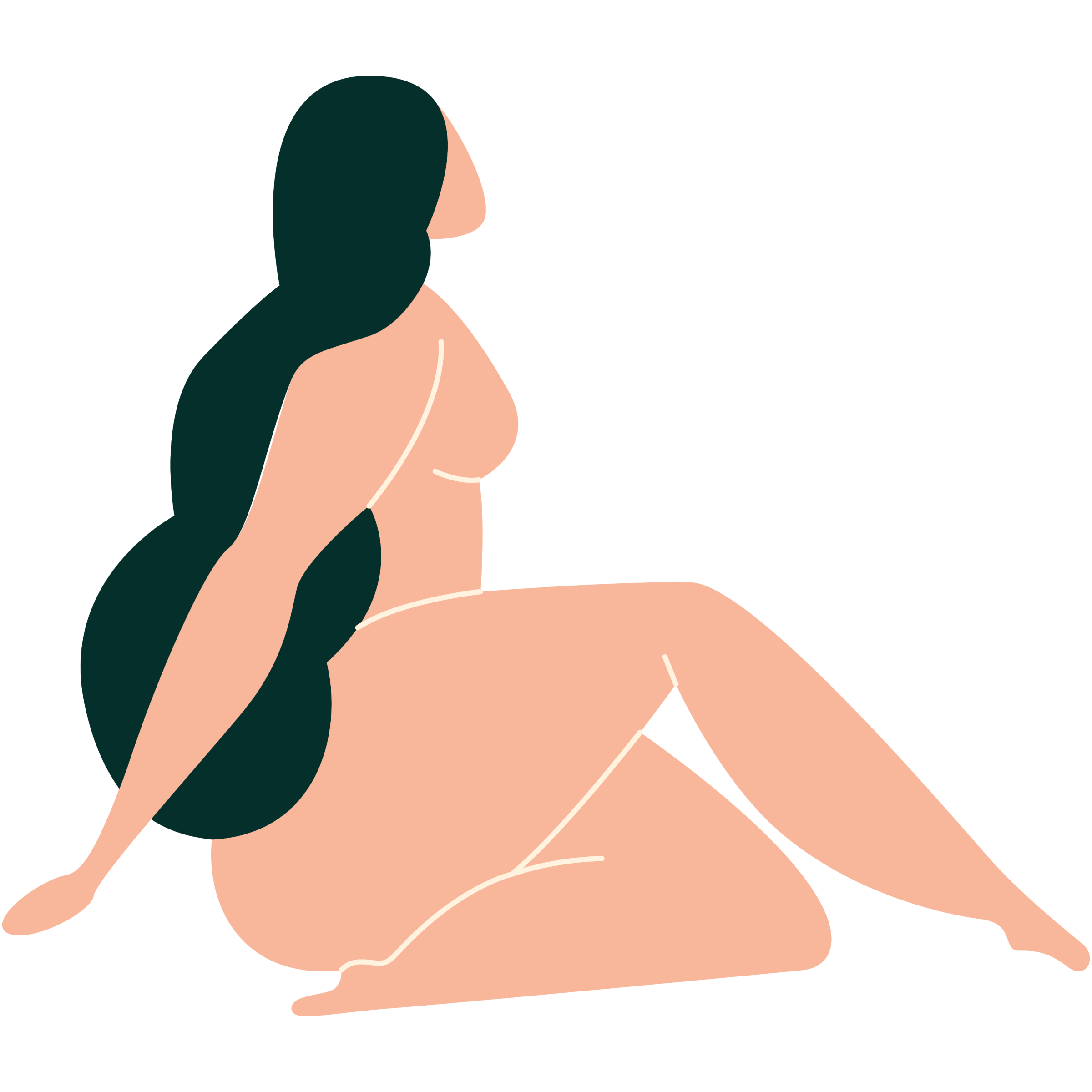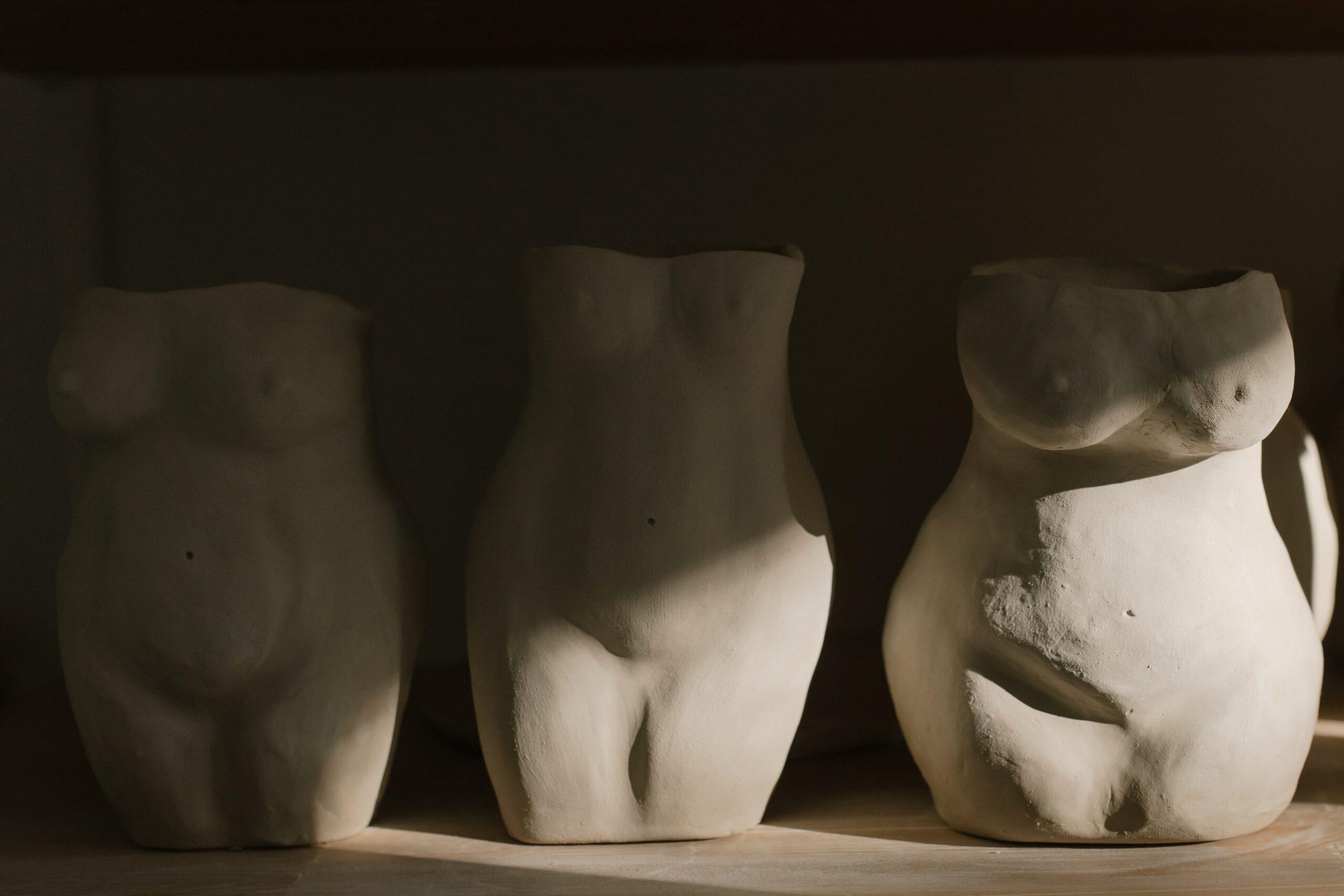
Body
Get to know your body through a better understanding of your anatomy and find the answers to some of your most common questions.

In the 15th Century Islamic Era, female pleasure was explored, celebrated, and written about in many texts – some of which are still available to us to this day. These include The Perfumed Garden of Sensual Delight and the sexual handbook the Encyclopedia of Pleasure, which portrayed the diversity of female desires, asserting the importance of mutual satisfaction through poems and stories.
The former, and perhaps the most famous one of the two, was written in the 15th century in Tunisia. It was compiled at the request of the Hafsid ruler of Tunis, Abu Faris Abd al-Aziz al-Mutawakkil and written by Muhammad al Nafzawi.
“He who seeks the pleasure a woman can give must satisfy her amorous desires after hot caresses as described. He will see her swooning with lust, her vulva will get moist, her womb will stretch forward, and the two sperms will come together.”
Muhammad al Nafzawi
Since this book was written, and over many centuries, our societies have replaced this celebration of female sexuality and pleasure with an attempt to suppress it, giving birth to practices like female genital mutilation (FGM) and honor killings.
This perception and approach has also affected the way that we are taught about pleasure in schools.
As a teenager, chances are that you — like all of us — fell into one of these two camps: Either you received no sexual education in school whatsoever, or you learned that boys ejaculate and that their semen fertilizes the egg, that women have periods, which are painful, and that if you’re not careful, you could get pregnant. We were never taught about pleasure, about fantasies, and never ever about the intricacies of the female orgasm.
In both of these scenarios, the result is the same: we’ve grown up with little to no understanding of female pleasure. Later on in life, for many of us, that gap in knowledge was filled through conversations with girlfriends, Hollywood movies, and pornography, often leaving us with an unrealistic view and expectations of what female pleasure really is.
As a result, some of us struggle to experience our full sexual potential, to communicate and ask for what we want, and to appreciate our capacity for pleasure.
At Mauj, we believe that all women have a right to understand and become familiar with this part of themselves, in their own time and on their own terms.
“I’ve seen women desire qualities in boys that are mostly present in men alone
Muhammad al Nafzawi
Youth, money, individuality, health, and sex prolonged
And a heavy haft upon them descends, with a light chest atop them afloat
Slow to exhaust, because the longer he persists, the more he gives and lasts
What’s more: after exhaustion, he hurriedly awakens, and performs again, not half-mast
That is he who satisfies women in sex, and their love for him grows vast”
If you’re on a journey to do that, we would encourage you to dive into our rich history and marvel at how celebrated female pleasure once was in the Arab world. Here are a few suggestions of books to get your started.
This book is actually a copy of an old manuscript dating back to the 13th century AD, written by the philosopher and scientist al-Qazwini. It’s a rich take on the culture of sex and how it was viewed in this era.
2. Hada’iq al-Motaa (Pleasure Gardens) by Mohamed al-Baz
This book presents a compelling take on how our perception of sex has shifted over time. The author recounts how respected and highly influential Muslim scholars addressed sex frankly with a sense of openness that was void of shame.
3. Al-Wishah fi Fawa'id al-Nikah (The Sash on the Merits of Wedlock) by Jalal al-Din al-Suyuti
The overarching message of this book is that sex is a gift from God. It has been called the apex of its genre of Islamically-based sex and marriage manuals in Arabic.
So the next time someone says that sex and pleasure positivity are Western concepts, arm yourself with this newfound knowledge and feel free to correct them.
Did you find the answer you were looking for? Is there something we missed? What did you think of this resource? We want to hear from you.
